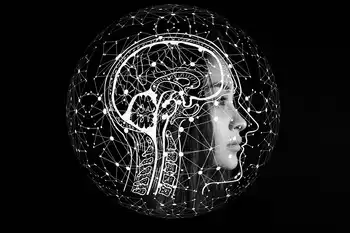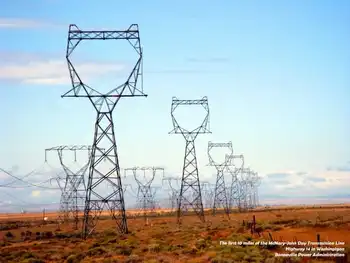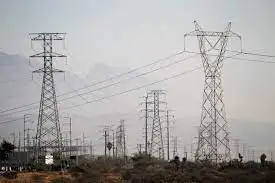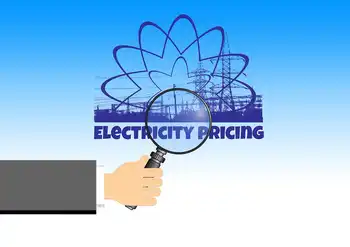Turkey begins supplying electricity to Iraq
ANKARA -- - Turkey has begun selling electricity to Iraq to help relieve severe post-war power shortages there and also plans to begin supplying kerosene and water, the Turkish Energy Ministry said recently.
Turkey's privately-owned Black Sea Wholesale Electricity Trade (KARTET) company provided the first delivery from a generation capacity of 75 megawatts (MW) of electricity on Tuesday from a mobile generator in southeastern Turkey, the ministry said in a statement. Capacity will eventually rise to 200 MW, the ministry said, for a daily power flow of 4.8 million kilowatt hours (kWh).
"Because Iraq's electricity distribution lines are insufficient, rehabilitating Iraq's existing lines was discussed" at a recent meeting between Energy Minister Hilmi Guler and energy sector officials, the statement said.
The officials also discussed sending water, including for agricultural purposes, and kerosene by railroad and tanker trucks and purchasing fuel oil from Iraq, the ministry said.
Last month, Ankara said it would send mobile power generators, of which Turkey has a surplus, with a total capacity of 500 MW. Turkey is keen to win some of the lucrative reconstruction projects in neighbouring Iraq, struggling to rebuild its infrastructure four months after the fall of Baghdad. Those efforts are hampered by sabotage, leading to frequent power cuts.
Crucially, the country's oil production is also suffering. Iraq's generation capacity stood at one-third of its pre-conflict levels after this year's war, falling to 1,800 MW from 5,500 MW before the conflict began.
Related News

Jolting the brain's circuits with electricity is moving from radical to almost mainstream therapy
SAN FRANCISCO - In June 2015, biology professor Colleen Hanlon went to a conference on drug dependence. As she met other researchers and wandered around a glitzy Phoenix resort’s conference rooms to learn about the latest work on therapies for drug and alcohol use disorders, she realized that out of the 730 posters, there were only two on brain stimulation as a potential treatment for addiction — both from her own lab at Wake Forest School of Medicine.
Just four years later, she would lead 76 researchers on four continents in writing a consensus article about brain stimulation as an innovative…




